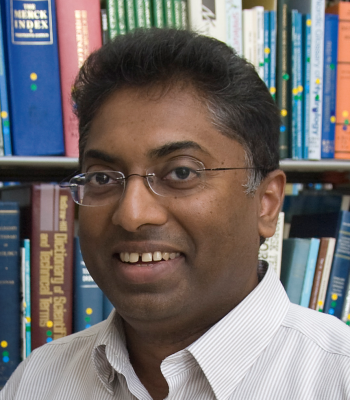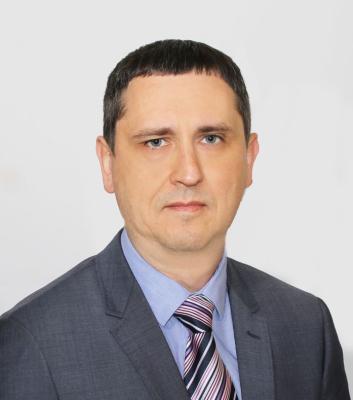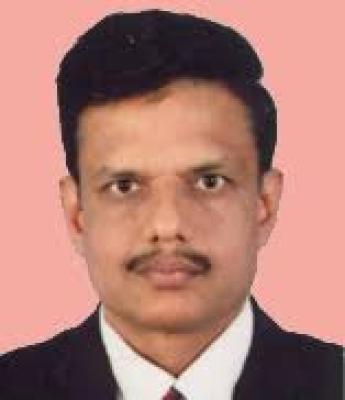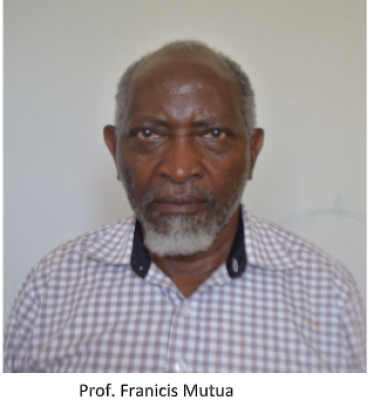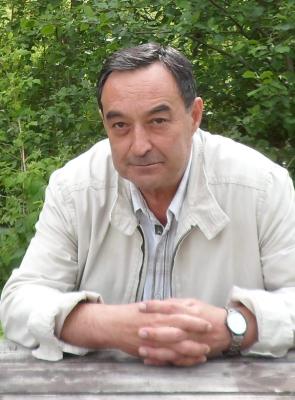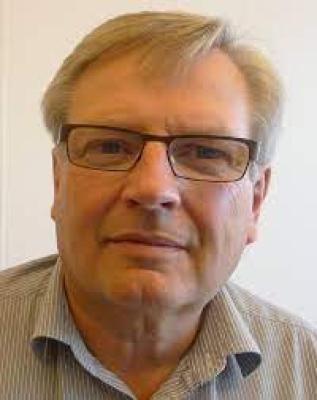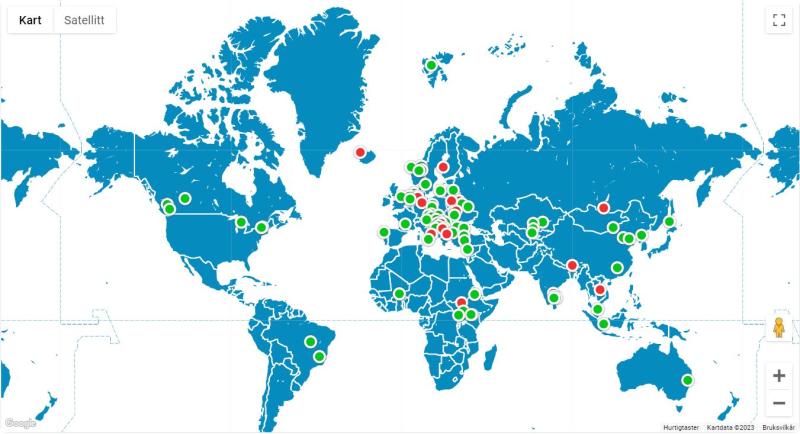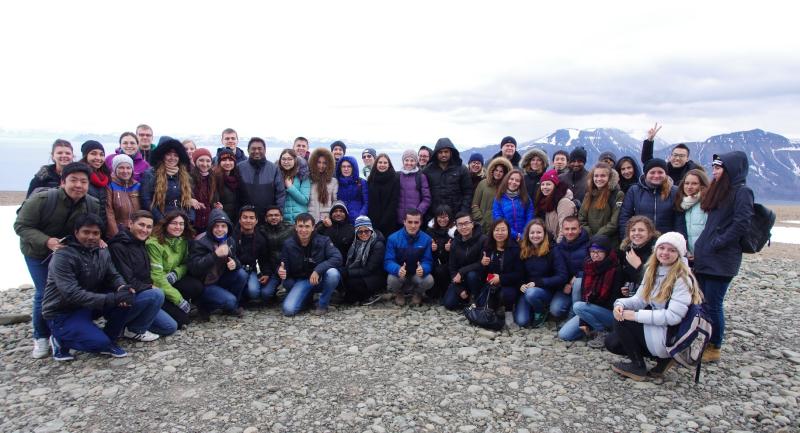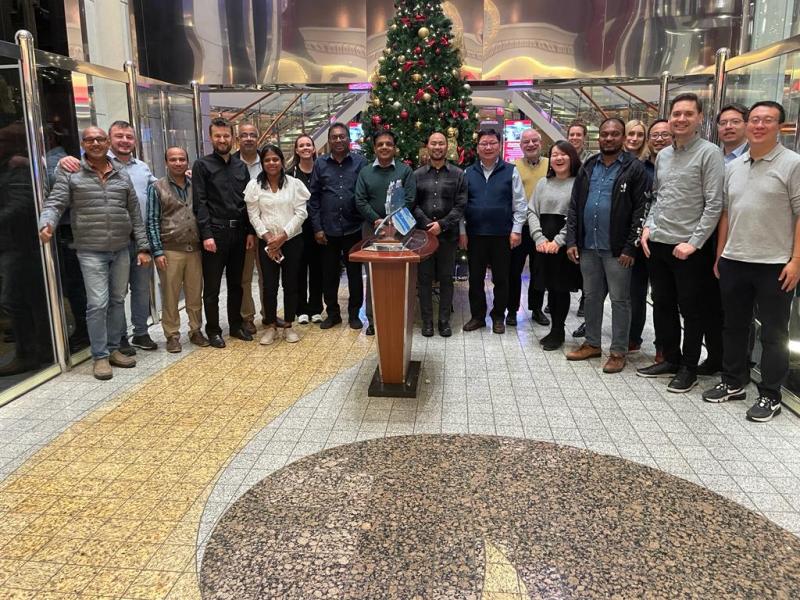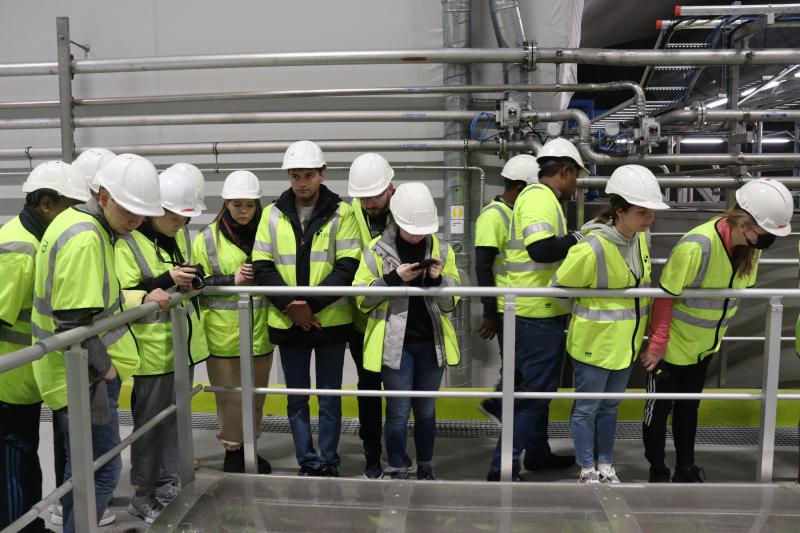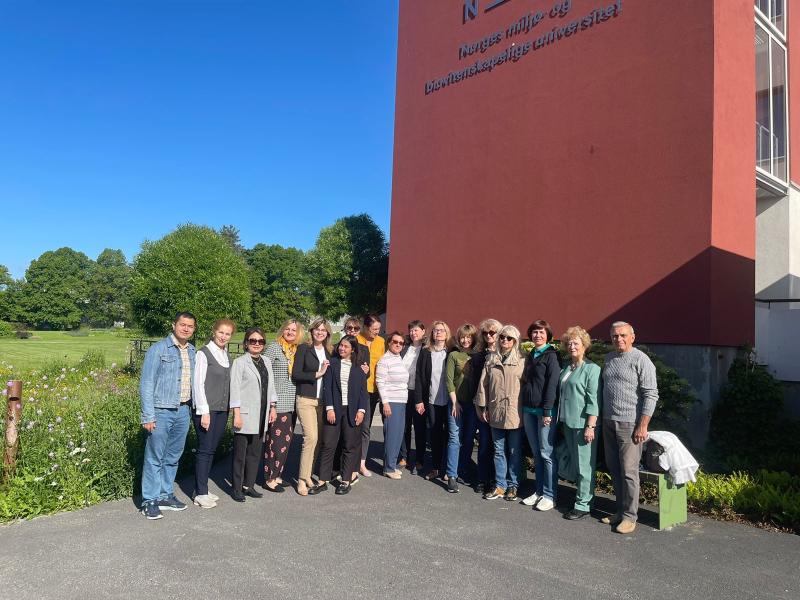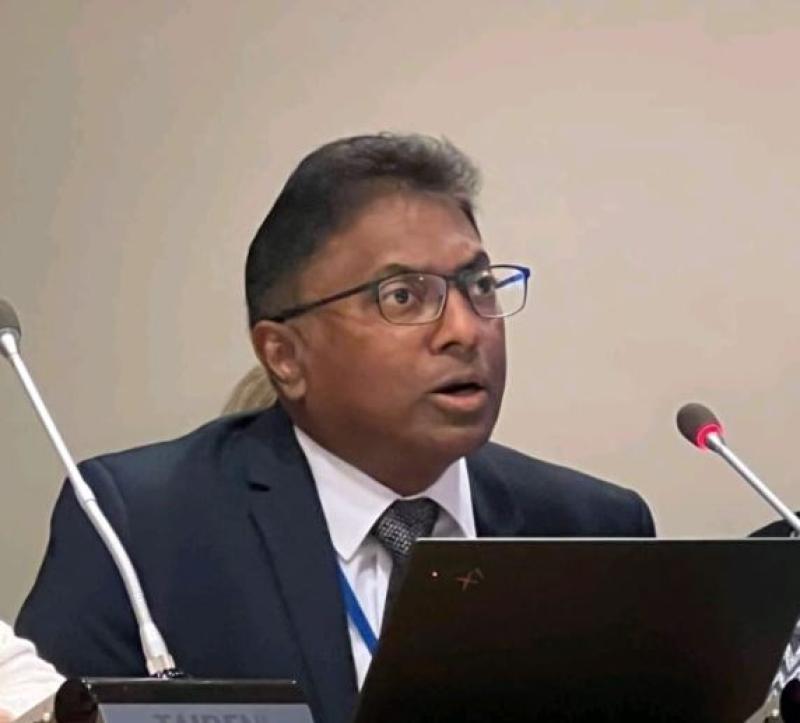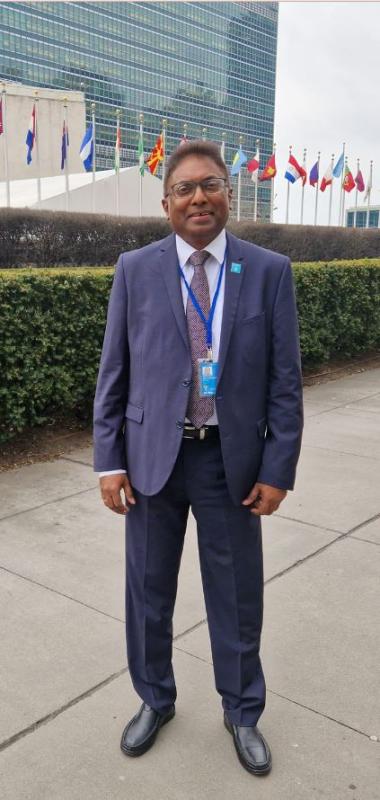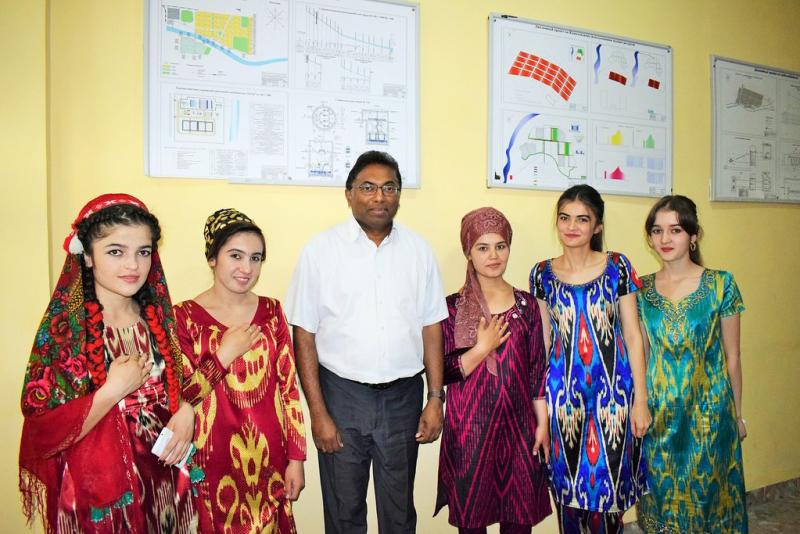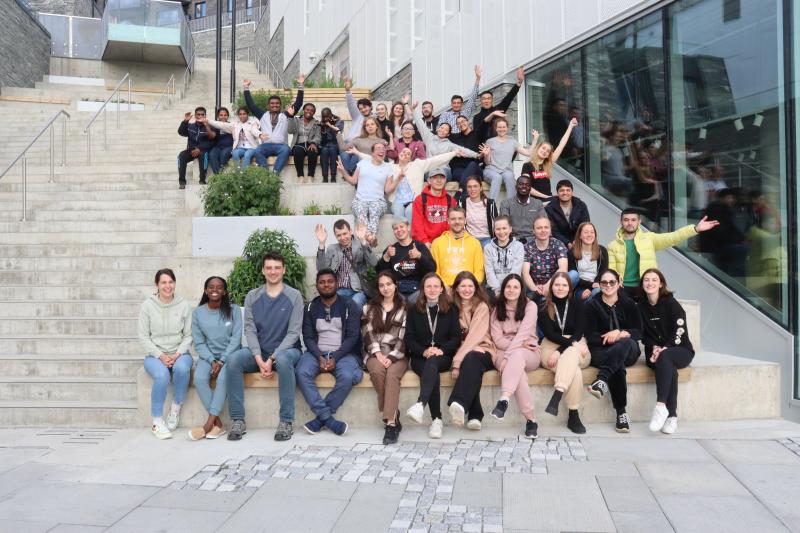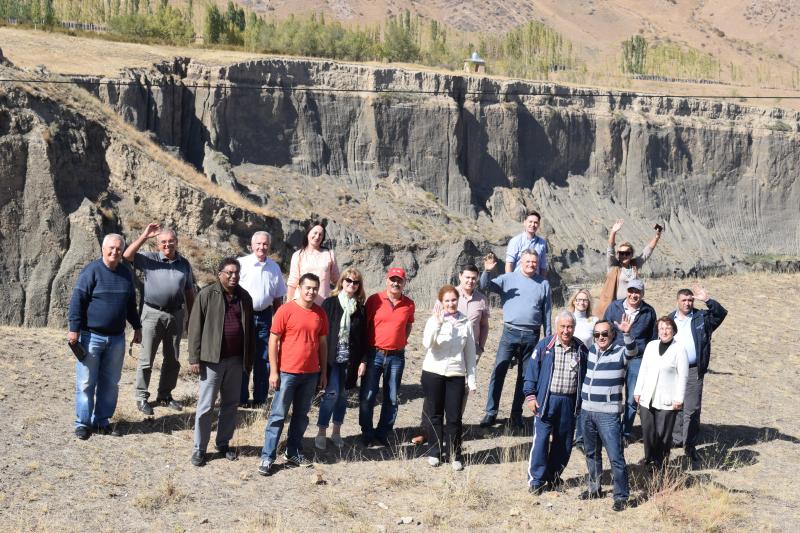SDG-6 seeks to ensure clean water and sanitation for all. Challenges that various countries and regions face have many similarities and differences. Most countries have ambitious plans to address SDG-6 on existing political and administrative structures. Their existing water supply and sanitation levels vary widely, especially human and financial resources. The SDG-6 challenges are long-term, and our Water Harmony initiative focuses on building sustainable national capacities through global harmonising of water education. Our network of universities produces graduates as tomorrow's political, administrative, and technical leaders and resource persons, ready with the necessary knowledge and skills to address these challenges.
The Water Harmony network was launched in 2012 by Prof Harsha Ratnaweera at the Norwegian University of Life Sciences, initially with a Eurasian project. The network continued its expansion into Asian and African countries, followed by Balkan and Latin American countries and leading universities from industrial countries worldwide.
We create innovative and sustainable networks of professionals and students across national borders. The network of professionals is growing; not only through new projects but also when our students become professionals. The student network is increasing with the numerous R&D and educational projects.
We jointly develop courses with teaching materials to be shared freely. We frequently hold physical/remote courses, promote collaborative research with students and faculty across nations that result in high-quality research results and publications, and create an inducive environment for collaborative processes to improve our own educational and research capacities and competence while sharing knowledge among network partners.



